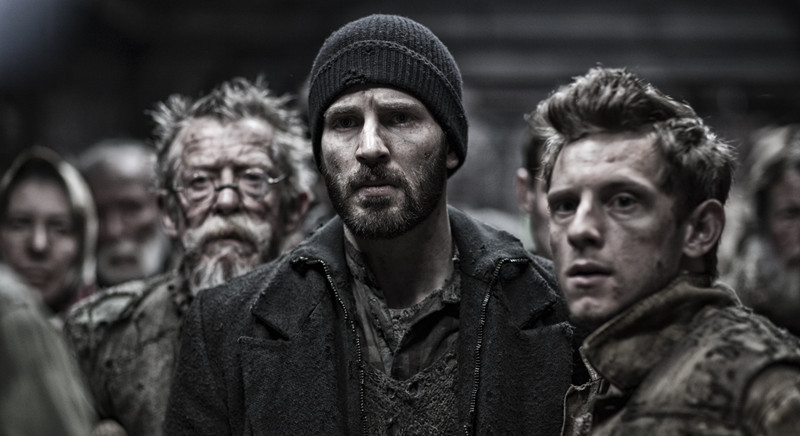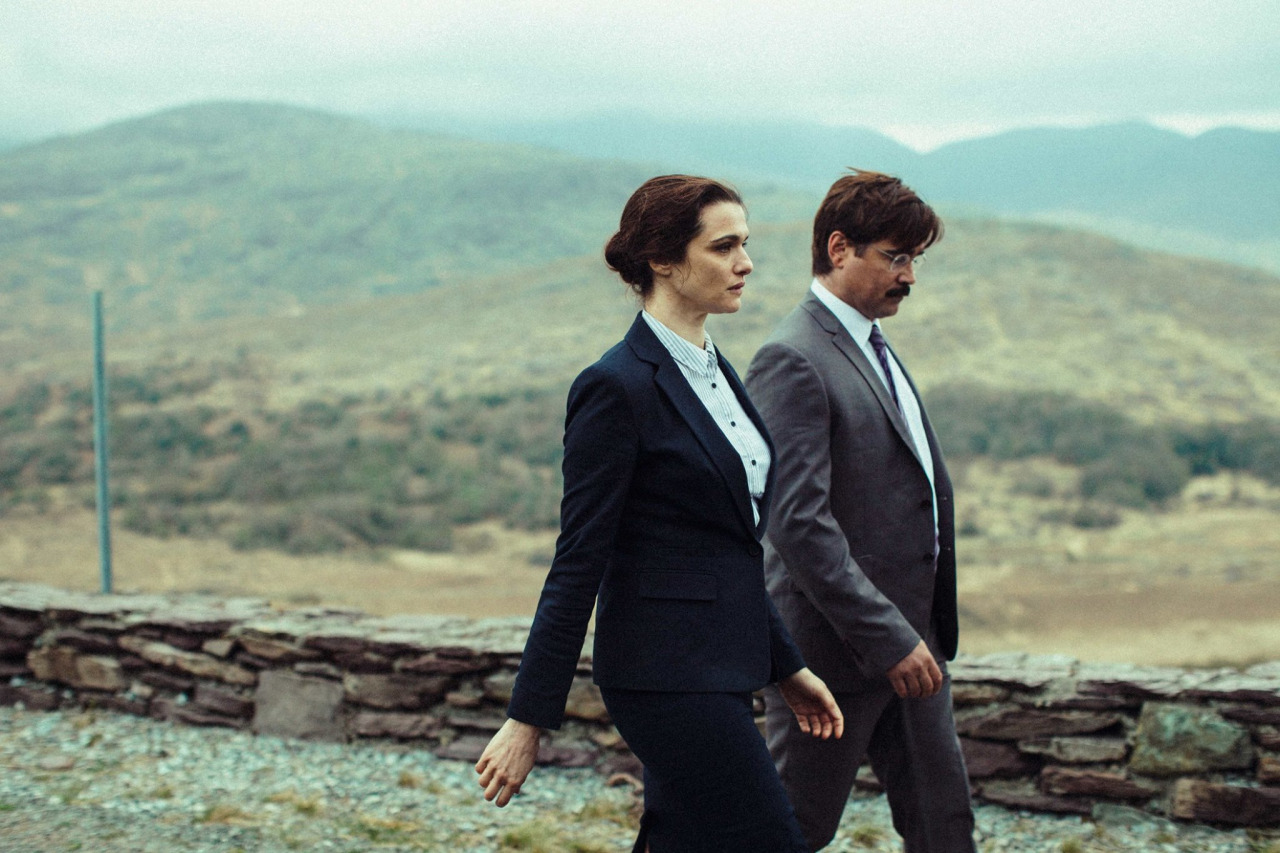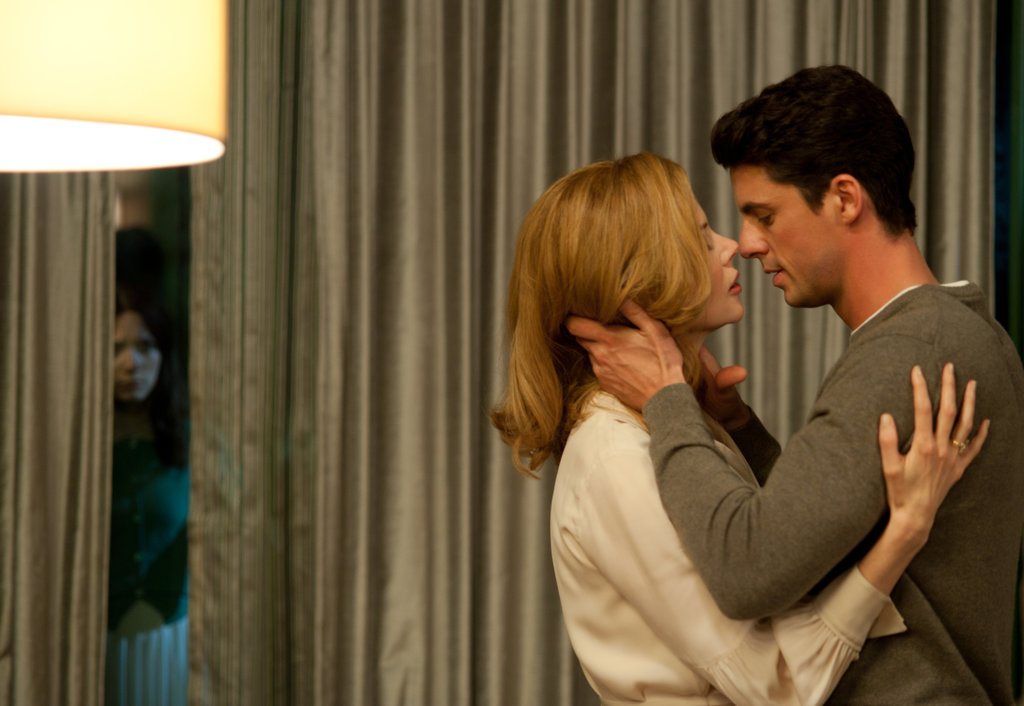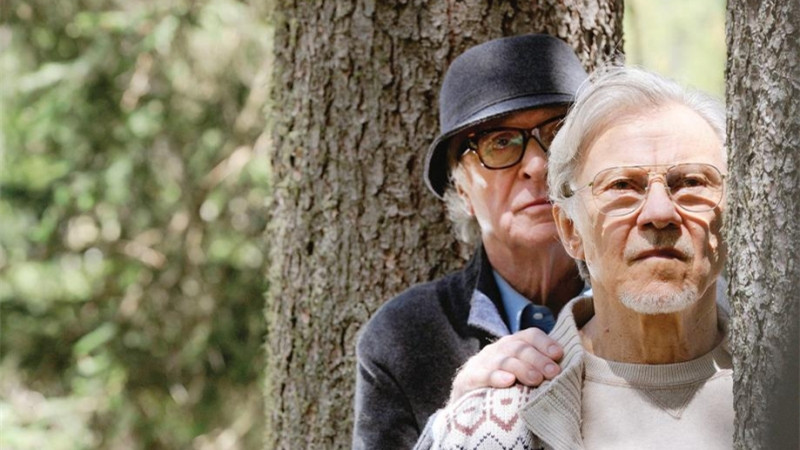
The notion of a “foreign cinema” is becoming more and more obscure in the context of vast cosmopolitan production. This is shown through the outlying antiquity that is the foreign language film section at the annual Academy Awards, in which countries are meant to compete for American condescension due to the imperative of rule thirteen.
Regarding the foreign language category at the Oscars, the award goes to the film’s country of origin –not the director. This distinguishes the category from the rest, but also underscores a certain degree of Western hegemony informing the Hollywood juggernaut. The authority of Hollywood has greatly reinforced American reverie, as it superintends global discourse and valorizes the cinematic effort of other countries.
That being so, many foreign directors make English-language films to revoke this dynamic. The following films are all fantastic paradigms of English-Language films made by foreign-language directors.
10. Snowpiercer – Bong Joon-Ho

Another phenomenal director based in South Korea is Bong Joon-Ho, globally known for making Memories of Murder (2009), The Host (2006), and Okja (2017). He also made his english-language debut with the movie Snowpiercer in 2013.
Set in a science fiction dystopia where Earth has just weathered a second ice age, the film follows the surviving passengers on a luxury train that is divided up by class. The elite occupy the opulent front car of the train, while the lower class are forced to grovel in the tail section. The inequity incites a rebellious scheme where the lower class occupants seek to overcome their meager existence by taking control of the engine room.
The film stars Chris Evans, John Hurt, and Tilda Swinton. It also stars Song Kang-ho, who is widely revered as one of the top leading actors in South Korean cinema. Bong Joon-Ho’s Snowpiercer is truly exceptional for its unique world building, delectably dark atmosphere, and gripping storyline.
Bong Joon-Ho also does a great job of including Korean talent in the feature, giving the film an international appeal, while also allowing Korean actors and sensibilities to enter into the contemporary terrain of mainstream media. Essentially, what Bong Joon-Ho provides viewers with in Snowpiercer is a rich and immersive film, whose experience pleasantly diverges from the dystopian tropes and redundancy to which we had begrudgingly become accustomed to.
9. The Lobster – Yorgos Lanthimos

Stepping back into the surreal, Yorgos Lanthimos is a Greek director who astonished Cannes Film Festival back in 2009 with the endearing though unusual film Dogtooth. His english-language film The Lobster was released in 2015, and is equalling energizing.
The film is set in a dystopian alternate present in which single people must find a soulmate or else they shall be turned into an animal. To find a match, the single person checks into a hotel where matchmaking activities are conducted and strange rules are upheld. If the single person doesn’t find a soulmate within 45 days, they are turned into whatever animal they decided upon when they first checked in.
The film’s title is in reference to the main character David’s animal of choice. The justification being the lobster’s impressive lifespan. Chaos ensues in the charge of this delightful premise. The film features a plethora of international talent including Colin Farrell, Rachel Weisz, Léa Seydoux, Angeliki Papoulia, and John C. Reily.
Lanthimos’s The Lobster is singular for its exceptional innovation and whimsical imagination. Furthermore, Lanthimos’s surreal visionary contains a sense of heart and sentimentality. The heart allows the film to evade tonal submission to its bleak humor or cynical social commentary. Ultimately, the consequence is a laughably bizarre, persistently provocative, and overall charming endeavor in Contemporary World Cinema.
8. Encounters at the End of the World – Werner Herzog

A director who has trekked through the rainforest along with a mad man and a stolen camera, and who led an absurd effort to get a steamship up a mountain in the unforgiving Amazonian wilderness, Werner Herzog is known for having a certain propensity towards challenging adventures.
The 2008 film Encounters at the End of the World continues the many quintessential Herzog traditions that have attested to the German director’s expeditionist disposition. Set in desolate Antarctica at the Earth’s southernmost pole, the film explores the quirky inhabitants of the most mysterious continent including scientists, divers, zoologists, maintenance workers, and even suicidal penguins.
What is most effective in this documentary-esque film is Herzog’s conceptualization of ecstatic truth. The director openly admits that some elements of the film were forced or staged, but this doesn’t take away from the sense of truth established by these alterations.
Encounters at the End of the World is easily Werner Herzog’s most accessible work, as it serves to be insightful in ways that are fascinating and pleasantly unexpected for the unfledged observer. Essentially, through the director’s thoughtful métier, Encounters at the End of the World is a wonderful oddity that appeals to a universal fixation with the unknown.
7. Stoker – Park Chan-wook

Park Chan-wook, recognized as one of the premier directors in South Korea (responsible for the beloved and widely recognized Vengeance Trilogy and 2016’s The Handmaiden), made his English-language debut in 2013 with the movie Stoker.
Stoker is a hitchcockian psychological thriller with vampiric elements intrinsic to the horror genre –hence its evident affiliation with Bram Stoker’s Dracula. The film also pays heavy homage to Alfred Hitchcock’s Shadow of a Doubt, though it never overstays its welcome in this regard.
Park Chan-wook’s Stoker stars Mia Wasikowska, Nicole Kidman, and Matthew Goode in a bewitching family drama set in a stunning landscape of mystery and decadence. India, played with refined resignation by Mia Wasikowska, suffers the loss of her father –along with his dethronment from patriarchy by the interloping Uncle Charlie.
Uncle Charlie, played by Matthew Goode, works his way into the heart of India’s balmy mother (Nicole Kidman), while also initiating a fascinating relationship with the fortified young woman. While perpetuating an atmosphere of feminine neuroticism, the film succeeds in producing a terrain of innovation for the gothic horror genre.
Diverging from expectation, Goode’s Uncle Charlie embodies the same dandyist charm of Chan-wook’s former villains in his Korean features like Old Boy and Lady Vengeance. Furthermore, the indulgent mise en scène classical in his work establishes an ambrosial styling of the gothic convention that feels sparkling fresh and palatable.
6. Youth – Paolo Sorrentino

A big name in contemporary world cinema is Italian director and Screenwriter Paolo Sorrentino. Originating from Naples, Sorrentino made many short films in his hometown before venturing into full-length feature films with One Man Up (2001).
He is internationally recognized for The Consequences of Love (2004), which was nominated for the Palme d’Or at the 2004 Cannes Film Festival. His initial interaction with the English-language domain was with the film This Must Be the Place (2011). In 2014 at the Academy Awards, Sorrentino won the category of Best Foreign-Language film for Italy with his film The Great Beauty.
The next big feat was his second English-Language film Youth released in 2015. Starring Michael Caine and Harvey Keitel. Sorrentino’s Youth follows two best friends, a retired orchestra conductor and composer (Caine) and a filmmaker and screenwriter (Keitel). The two friends decide to go on holiday at a Swiss Spa where Fred (Caine) is given the invitation to perform for the queen, while Mick (Keitel) develops his final screenplay.
Furthermore, the story provokes an underscoring sentimentality, as both men come to grasp with the irrevocability of time and opportunity. Sorrentino’s Youth is a tragic tale that is achingly afflictive, but ultimately existentially equitable.